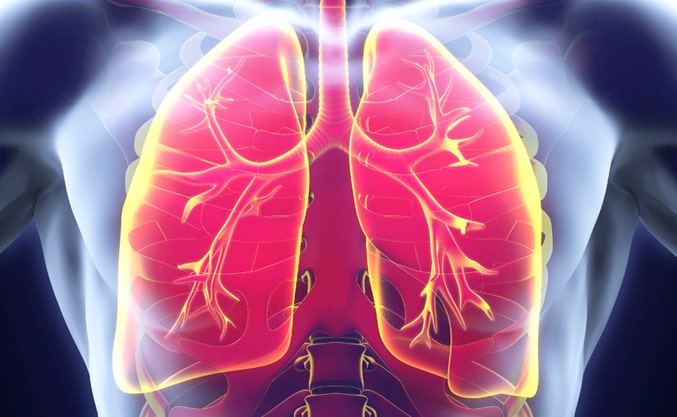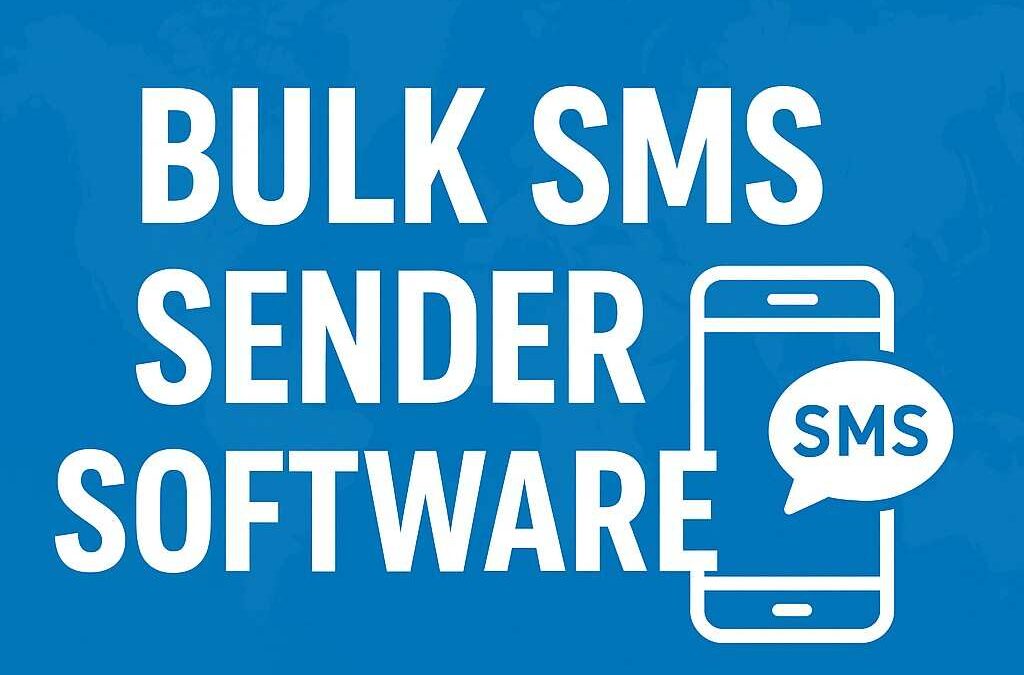Chest pain is one of the most alarming health concerns, often linked to heart-related conditions. Quick action can make the difference between recovery and severe complications. In a busy city like Delhi, recognising the warning signs and seeking help without delay is essential. Many people ignore chest pain, hoping it will fade away. However, delaying medical attention can prove dangerous. Understanding the immediate steps to take, knowing when to seek professional care and being aware of available treatment for chest pain in Delhi empowers people to act quickly.
Why Chest Pain Demands Urgent Attention
Chest pain may stem from different causes, but when it relates to the heart, every second counts. Acting quickly ensures that patients receive timely assessment and appropriate care. Recognising the seriousness of chest pain reduces the risk of long-term damage and helps avoid permanent heart or lung complications. In many cases, early hospital admission increases survival rates and improves recovery outcomes.
Common Warning Signs to Watch Out For
A few symptoms signal the need for immediate help:
-
Pressure, heaviness, or squeezing in the chest
-
Pain spreading to the arm, jaw, neck, or back
-
Shortness of breath or difficulty breathing
-
Cold sweat, nausea, or dizziness
-
Episodes of fainting or extreme fatigue
These red flags should never be ignored. Even mild or short-lived discomfort may signal an underlying condition. Immediate professional evaluation ensures that treatment for chest pain in Delhi begins without delay.
Immediate Steps to Take Before Reaching the Hospital
Taking the right steps while waiting for medical help can stabilise the condition:
-
Call emergency services without hesitation; do not attempt to self-drive.
-
Sit upright and stay calm to reduce strain on the heart and lungs.
-
Loosen tight clothing and ensure the person has access to fresh air.
-
Keep identification, medical history, and reports ready for doctors.
-
If trained, begin CPR immediately if the person collapses and is not breathing.
Acting swiftly with these steps can support survival until hospital-based care becomes available. Families should also keep emergency numbers saved in their phones to avoid delay.
What to Expect During Emergency Care
Hospitals in Delhi equipped with cardiac facilities act swiftly when patients arrive with chest pain. The care team performs:
-
Quick evaluation using ECG and blood tests
-
Continuous monitoring in emergency or intensive care areas
-
Referral to cardiology specialists if required
Prompt interventions ensure that patients receive the proper management, whether it involves medication, procedures, or intensive monitoring. Emergency rooms in Delhi are increasingly designed to handle such situations with speed and efficiency, reducing waiting time for critical patients.
Types of Hospital-Based Treatment Options
Professional care depends on the cause of chest pain. Options may include:
-
Cardiac procedures like angiography or angioplasty for blocked arteries
-
Supportive therapy and observation in critical care units
-
Lifestyle guidance to manage risk factors after stabilisation
Hospitals offering advanced cardiac facilities provide comprehensive treatment for chest pain in Delhi, ensuring immediate and long-term care. Timely intervention also reduces the likelihood of repeat episodes and helps patients better manage their condition in the future.
Why Early Diagnosis Matters
Chest pain that eases on its own may still indicate underlying heart disease. Seeking medical advice after the first episode helps manage risks early. Early detection of cardiac issues enables doctors to take action before complications arise. Many heart-related problems progress silently, so even one warning sign should not be overlooked. A thorough check-up can provide reassurance and, when necessary, lead to timely intervention.
Preventive Measures to Stay Prepared
While emergencies cannot always be avoided, preparation helps reduce panic:
-
Save emergency contact numbers on your phone for quick access
-
Keep recent medical reports and test results in one place.
-
Share known allergies or health conditions with family members.
-
Maintain a healthy lifestyle by engaging in regular exercise and consuming a balanced diet.
-
Consider routine heart check-ups if you have a family history of cardiac disease.
These small steps help patients and their families act quickly in the event of a crisis. Preventive care and preparedness also improve confidence in managing sudden situations, ensuring help reaches those in need without unnecessary delay.
Conclusion
Chest pain should never be dismissed as a minor problem. Acting fast and reaching a hospital with cardiac facilities ensures immediate care and better outcomes. Knowing the warning signs, taking quick action, and being prepared can save lives. With specialised treatment for chest pain in Delhi available, timely intervention is possible for anyone facing this medical emergency. Awareness, preparation, and swift response remain the most effective tools in preventing complications from chest pain. By recognising risks and seeking care quickly, individuals give themselves the best chance for recovery and long-term health.







0 Comments